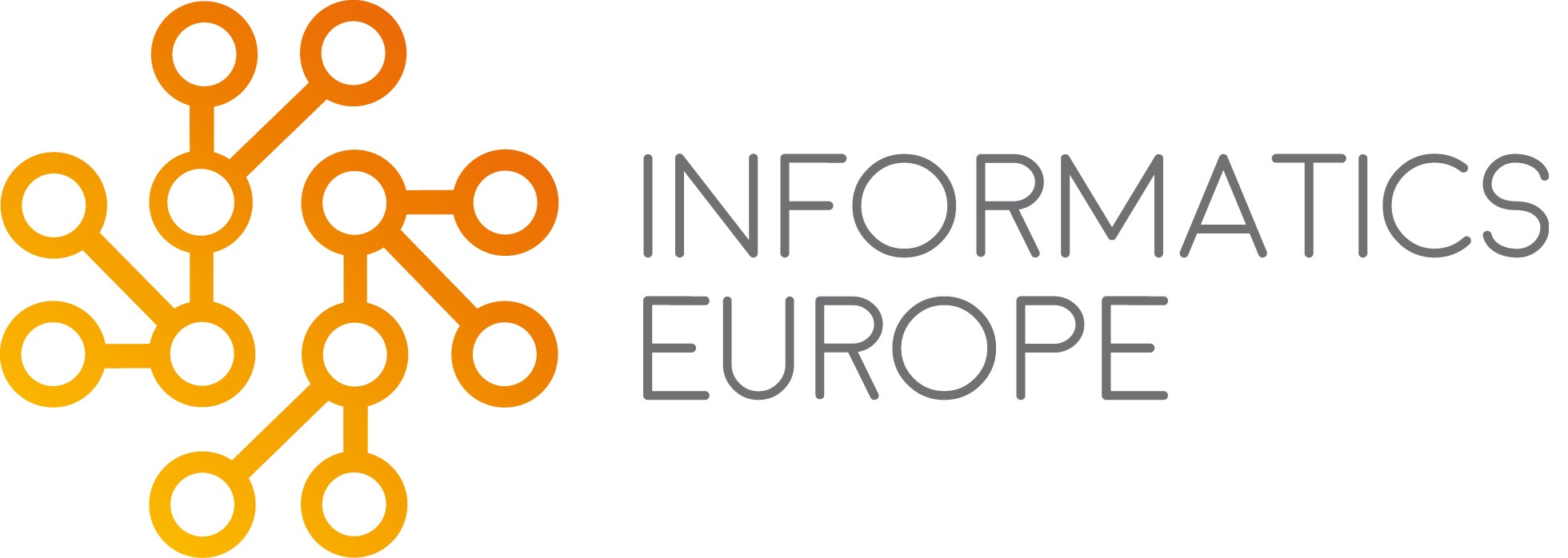Societal Impact of Digital Transformation Workshop
As part of the ECSS 2022 program, Informatics Europe organised theSocietal Impact of Digital Transformation Workshop on Tuesday afternoon, 25 October, open to all participants, and chaired by Gordana Dodig-Crnkovic, Chalmers University of Technology, and Gregor Engels, SICP - Software Innovation Campus Paderborn.
The discussion on the societal impact of digital transformation has gained increasing attention in the very last years. Yet much of this discussion does not address how education and research in computer science and engineering can play a major role to make this impact fully positive. The goal of this workshop was thus to discuss the societal impact of digital transformation by focusing in particular on ethical aspects.
Workshop Highlights
The Workshop was held with the goal to discuss the societal impact of digital transformation by focusing in particular on ethical aspects in software development, as well as on how to include ethical aspects in educational programs.
In the first part of the workshop, Alexander Pretschner (TU Munich, DE), spoke about methods to include ethical aspects in methodical approaches for the development and operation (DevOps) of software solutions. In particular, he introduced the approach “Ethics in Agile Software Development” as a workable alternative to existing ethical guidelines or frameworks. [Slides]
In the second part of the workshop, Dympna O'Sullivan (TU Dublin, IE), presented the results of the Ethics4EU project. Funded by Erasmus+ Strategic Partnership, this project developed new curricula, best practices, and learning resources for teaching digital ethics to computer science students. [Slides 1] [Slides 2]
Finally, a panel with the two speakers, and additionally Andrea Curley (TU Dublin, IE) and Suzanna Alpsancar (Paderborn University, DE), discussed the presentations and derived questions in an extensive exchange with the audience. They discussed topics such as how to integrate computer ethics modules into computing curricula in the higher education context, whether teaching ethics contribute to people acting in an ethical manner, and whether teaching ethics to computer science students is sufficient.
Several activities for the IE working group on Ethics were discussed at the workshop, such as adding new teaching building blocks and case studies to the Ethics4EU outcomes, organizing an IE webinar series, a summer school, or even a joint Marie-Curie network project. People interested in contributing and discussing these topics were invited to join this working group chaired by Dympna O’Sullivan.






*Please note that the photos above are better viewed when applying zoom out.













